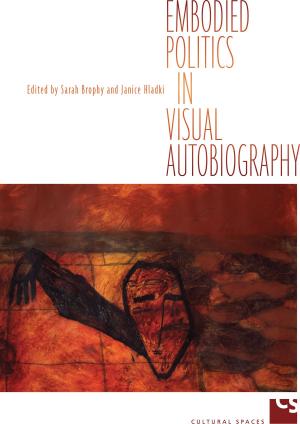Sapphic Fathers
Discourses of Same-Sex Desire from Nineteenth-Century France
Fiction & Literature, Literary Theory & Criticism, French, European, Nonfiction, Social & Cultural Studies, Social Science, Sociology| Author: | Gretchen Schultz | ISBN: | 9781442666405 |
| Publisher: | University of Toronto Press, Scholarly Publishing Division | Publication: | January 15, 2015 |
| Imprint: | Language: | English |
| Author: | Gretchen Schultz |
| ISBN: | 9781442666405 |
| Publisher: | University of Toronto Press, Scholarly Publishing Division |
| Publication: | January 15, 2015 |
| Imprint: | |
| Language: | English |
Literature that explored female homosexuality flourished in late nineteenth-century France. Poets, novelists, and pornographers, whether Symbolists, Realists, or Decadents, were all part of this literary moment. In Sapphic Fathers, Gretchen Schultz explores how these male writers and their readers took lesbianism as a cipher for apprehensions about sex and gender during a time of social and political upheaval.
Tracing this phenomenon through poetry (Baudelaire, Verlaine), erotica and the popular novel (Belot), and literary fiction (Zola, Maupassant, Péladan, Mendès), and into scientific treatises, Schultz demonstrates that the literary discourse on lesbianism became the basis for the scientific and medical understanding of female same-sex desire in France. She also shows that the cumulative impact of this discourse left tangible traces that lasted well beyond nineteenth-century France, persisting into twentieth-century America to become the basis of lesbian pulp fiction after the Second World War.
Literature that explored female homosexuality flourished in late nineteenth-century France. Poets, novelists, and pornographers, whether Symbolists, Realists, or Decadents, were all part of this literary moment. In Sapphic Fathers, Gretchen Schultz explores how these male writers and their readers took lesbianism as a cipher for apprehensions about sex and gender during a time of social and political upheaval.
Tracing this phenomenon through poetry (Baudelaire, Verlaine), erotica and the popular novel (Belot), and literary fiction (Zola, Maupassant, Péladan, Mendès), and into scientific treatises, Schultz demonstrates that the literary discourse on lesbianism became the basis for the scientific and medical understanding of female same-sex desire in France. She also shows that the cumulative impact of this discourse left tangible traces that lasted well beyond nineteenth-century France, persisting into twentieth-century America to become the basis of lesbian pulp fiction after the Second World War.















